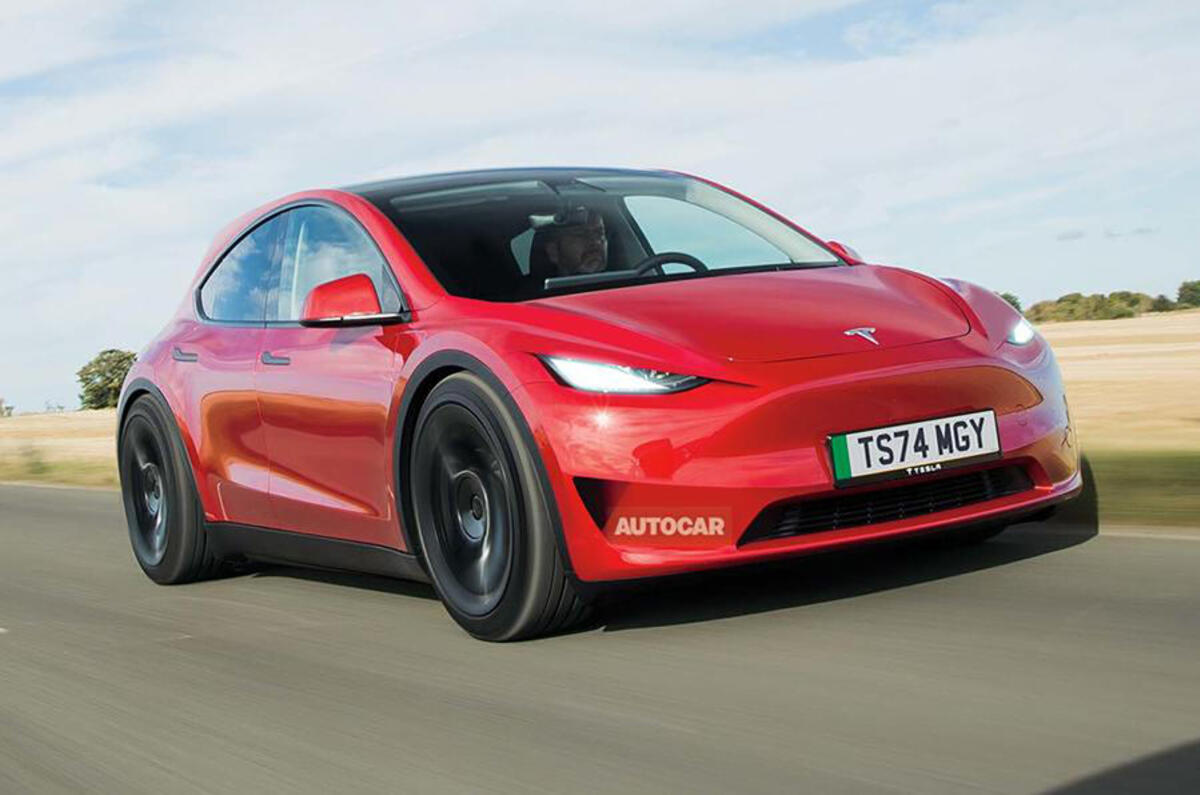The explosive report detailing plans within Tesla to cancel its ‘Model 2’ low-cost electric car to focus on a robotaxi has blown a hole in the investment case for the firm, as analysts scramble to assess what it means long-term.
Much of the case for investing in Tesla – the world’s most valuable car maker, based on its share price – has come from CEO Elon Musk’s stratospheric growth projections for the firm: as much as 20 million cars by 2030, up from 1.81m last year.




Add your comment